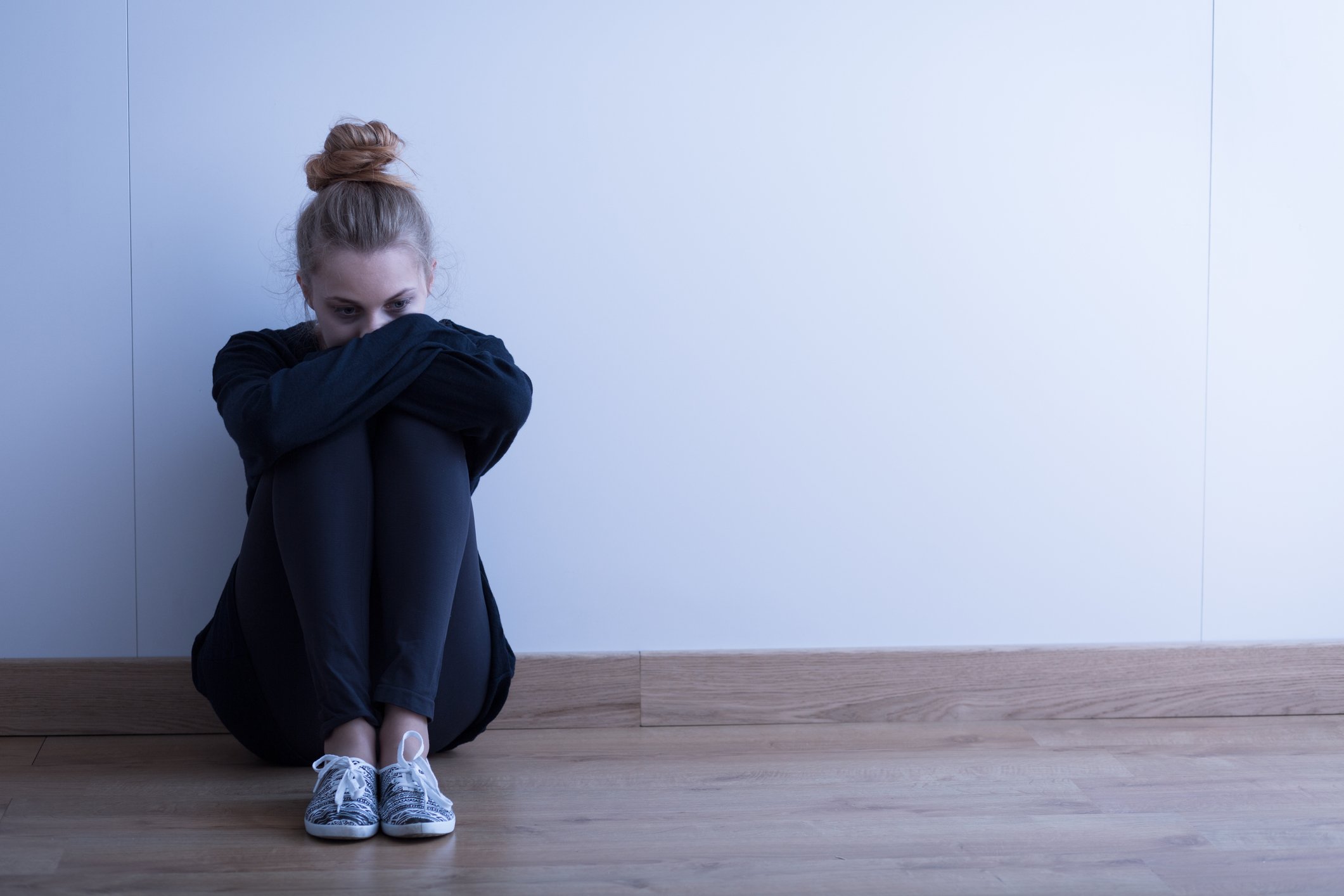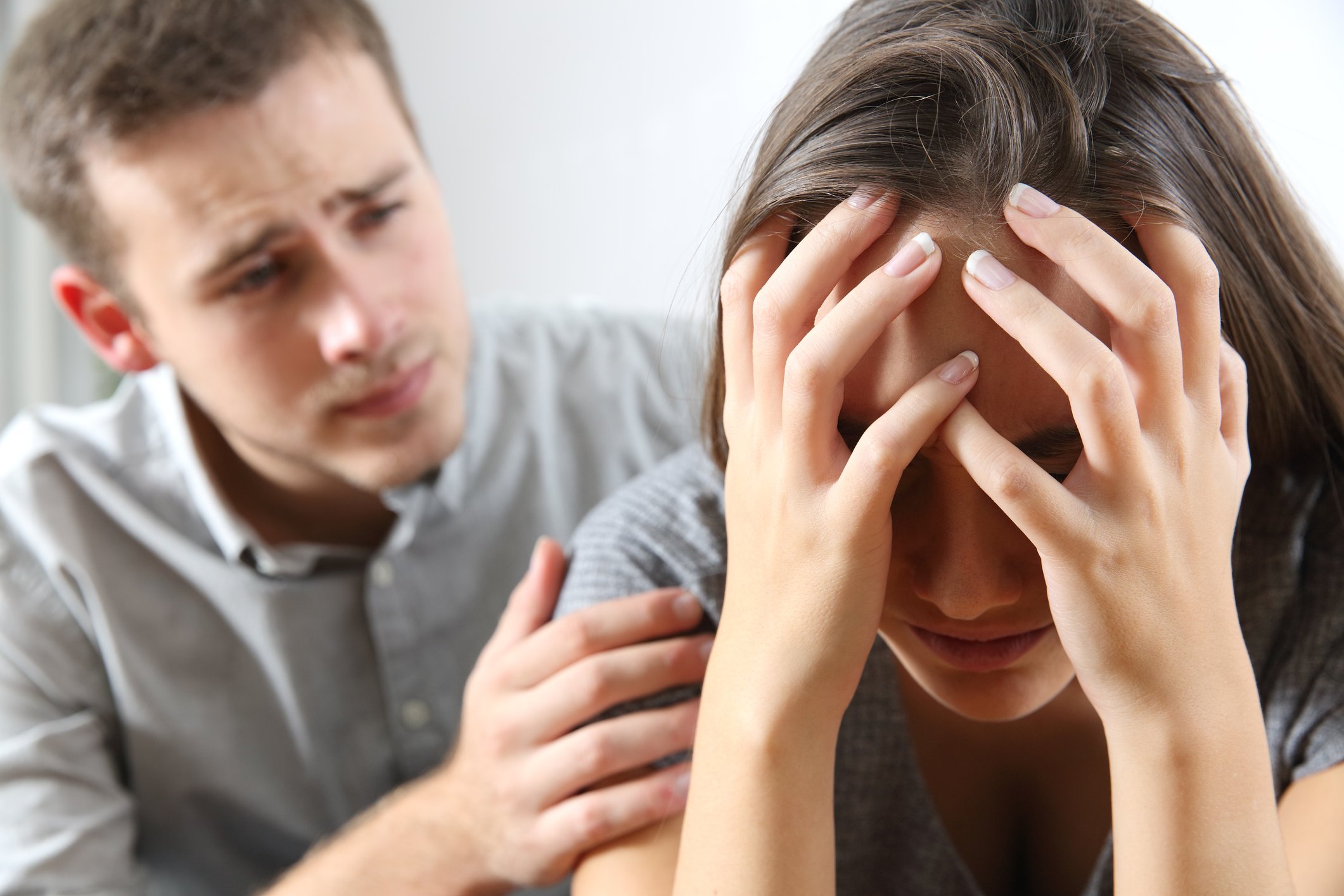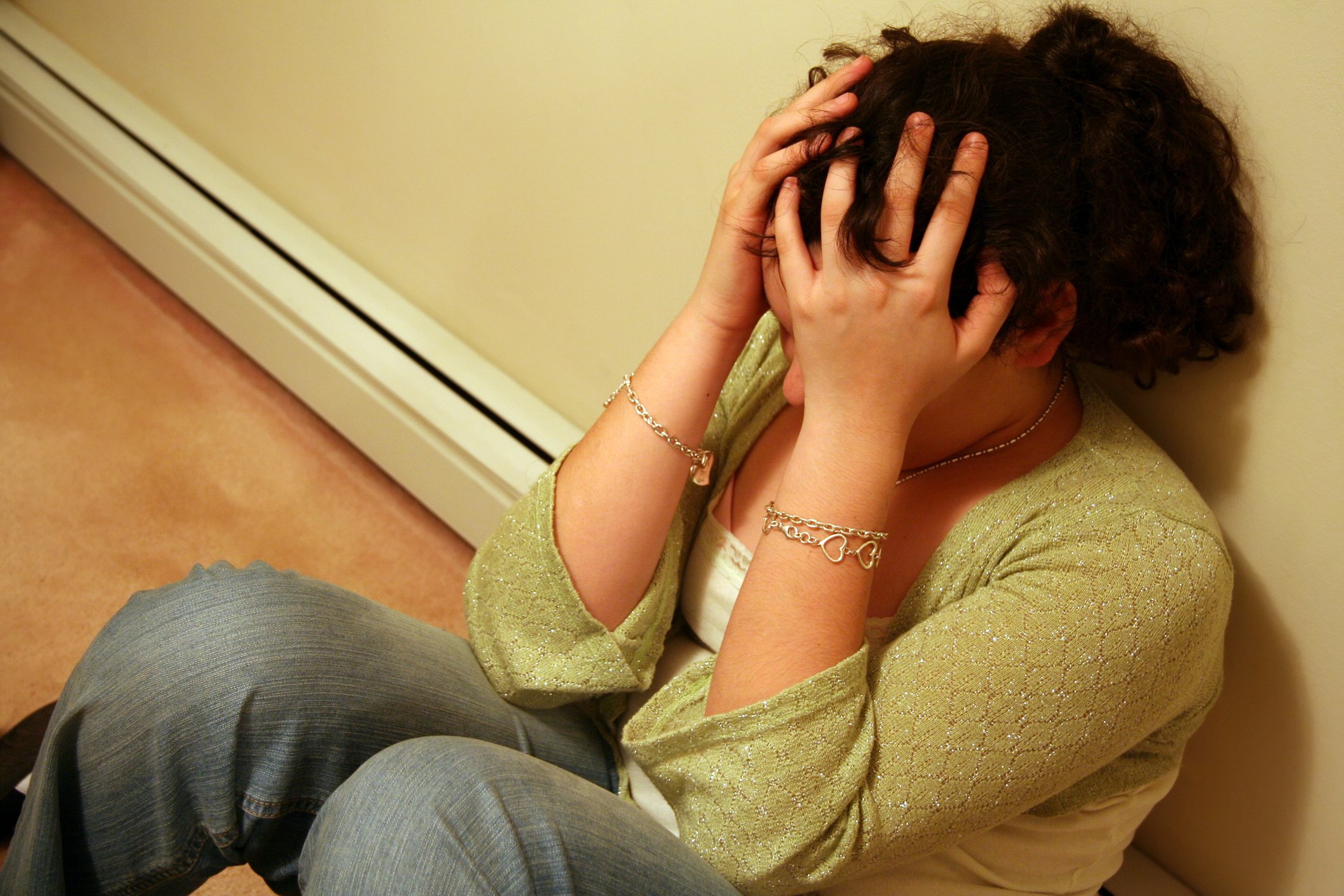What Depression Feels Like from the Inside
When people talk about depression, they often focus on the visible signs—like staying in bed all day, losing interest in hobbies, or missing school. But what’s less talked about is what depression actually feels like from the inside. The confusing thoughts. The overwhelming emotions. The constant feeling that something is “off,” even when you can’t explain why.
Depression doesn’t just affect your mood—it impacts the way you think, feel, and even how you see yourself and the world around you. It can make everyday things feel impossible, and positive moments feel meaningless.
In this post, we’re diving into what it’s really like to experience depression from the inside, so you can better understand yourself or someone you care about.
The Thoughts That Don’t Stop
One of the hardest parts of depression is the way it takes over your thoughts. You might find your brain constantly repeating negative messages:
“I’m not good enough.”
“What’s the point?”
“Everyone would be better off without me.”
“I can’t do anything right.”
These thoughts don’t come and go like regular self-doubt—they stick, and they feel like truth. Even when others try to reassure you, your brain might reject their words. Depression clouds your judgment and twists how you see yourself.
Emotions That Feel Too Big…Or Not There At All
Depression doesn’t always look like sadness. Sometimes, it feels more like emptiness. Like you’re just going through the motions, numb to everything.
Other times, the feelings are so strong they’re overwhelming: hopelessness, guilt, frustration, or shame. You might cry for no clear reason—or feel like crying but can’t. You might get angry easily or feel deeply anxious even in normal situations.
It’s not just about “feeling sad.” It’s about losing your connection to emotions in a way that’s confusing and hard to describe.
Losing Interest In What You Used To Love
You might notice that things you used to enjoy just… don’t feel fun anymore. Hanging out with friends, playing sports, listening to music—it all feels pointless or like too much effort. It’s not that you don’t want to care. It’s that your brain won’t let you.
This loss of interest (called “anhedonia”) is a classic symptom of depression. It can make you feel even more isolated, especially when others don’t understand what you’re going through.
Feeling Tired All The Time
Even if you sleep a lot, you may still feel exhausted. Depression drains your mental and physical energy, making everything—from getting out of bed to focusing in class—feel like a mountain to climb. Small tasks can feel overwhelming, and your motivation may vanish completely.
This isn’t laziness. It’s your brain struggling to function under the weight of depression.
The Guilt And Shame Spiral
Depression often tricks you into blaming yourself. You might feel guilty for feeling this way. You might think you're a burden to others, or that you’re failing by not being “happy” or “normal.” This guilt creates a loop: you feel bad, then feel worse for feeling bad, and it keeps spinning.
It’s important to know: these thoughts are symptoms, not truths.
Feeling Alone, Even When You’re Not
One of the hardest parts of depression is the isolation. You might be surrounded by people, but still feel completely alone. It can feel like no one really understands, or like you’re too broken to be helped.
But the truth is, you’re not alone. Depression just makes it hard to see the support around you. It convinces you to stay quiet, when speaking up is exactly what you need most.
Final Thought
If you’ve read this and thought, “That sounds like me,” you’re not weak or broken—you’re struggling with something real, and you deserve support. Depression messes with your mind and emotions, but it doesn’t define who you are. With time, the right help, and people who care, things can get better.
Talking to someone—a friend, a parent, a counsellor, or a doctor—is a powerful first step. What’s going on inside matters. And so do you.
Even though 1 in 4 people have mental health problems, most of us don’t get the help we need. This has to change. We’re Mind. We’re here to fight for mental health. For support, for respect, for you.










